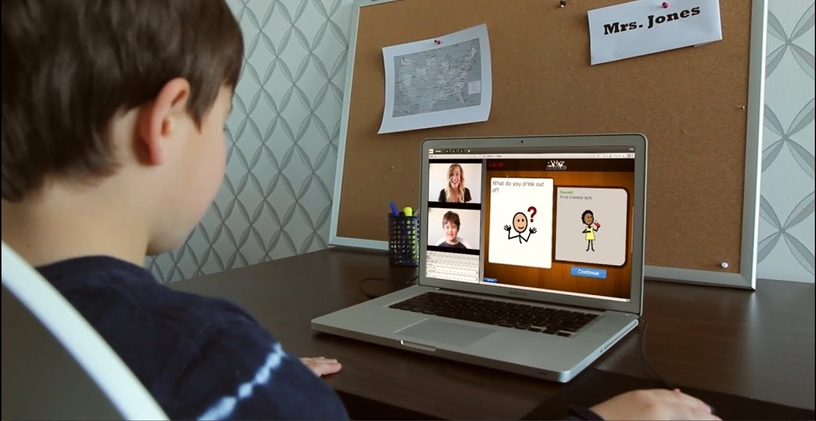Eating Difficulties in Children

When trying to ensure that children and teens are well nourished, mealtimes can sometimes be difficult.
What is Eating Difficulty?
Difficulty eating is any behavior that prevents a child or teenager from eating a balanced diet. There are many reasons for this, but common problems include:
- sensory preferences regarding the taste, appearance, smell, or texture of the food
- fear or refusal to try new foods (neophobia)
- eating "picky" or "grumpy" food (avoiding certain foods or food groups)
Some of these behaviors are fairly common in childhood, but can become a problem for a small number of children. This could mean that they are not gaining enough weight or not getting all the nutrients they need.
If you are concerned about your child’s eating behavior, it is important to seek help from your doctor. They will provide you with appropriate help and support.
The Impact of the Coronavirus
COVID-19 may have made eating difficulties worse for some children and teens. This is because anxiety, stress, and changes in routine can be distressing and confusing. You may find that spending so much time together as a family makes things even more difficult.
It is important to remember that there will be good and bad days in stressful times. Try not to worry about slow progress. Instead, focus on maintaining structure and routine wherever possible.
Spending too much time together can also mean that you are noticing eating habits in your child that you did not have before. If you’re worried, try monitoring these behaviors to see if there are any patterns, such as issues with specific food groups.
Food Shopping
For children and teens with strong food choices, shopping can be stressful. This can be particularly difficult if the food they usually eat is difficult to find. If they are big enough, it may be helpful to talk to your child about other foods they like and can buy.
If you can’t go to the stores to buy the food you need, try explaining the situation to a friend or family member who can do it for you. There are also many local support groups that can help. If you can shop online, you can try making it an activity you and your child can do together.
Preparation for Meal Times
If you’re worried that your child is having trouble eating a balanced diet, it may be helpful to plan mealtimes ahead of time. Planning can help reduce mealtime anxiety for everyone. Preparation for mealtime may include:
- informing your child in advance what foods will be served
- talking to them about how you want them to behave during meals
- explain to them that you will support them and how they can seek your help
During the meal
It may be good to divert attention away from eating by doing other things while eating. These can include:
- conversations about neutral topics that do not mention food or weight
- the TV or radio is turned on in the background
- playing a board game or a cards game
- painting a little or completing an activity book
Caring for a child or teenager who has difficulty eating can be stressful and emotional. It’s important to remember that even if you are focused on their needs, you also need to take care of yourself. If possible, take some time to do something you find comforting. If possible, reach out to friends and family, and contact your doctor if you need advice and support.
Kaynakça
This article was written by Harriet Finlayson and Danielle Panton. You can find the original version here.







